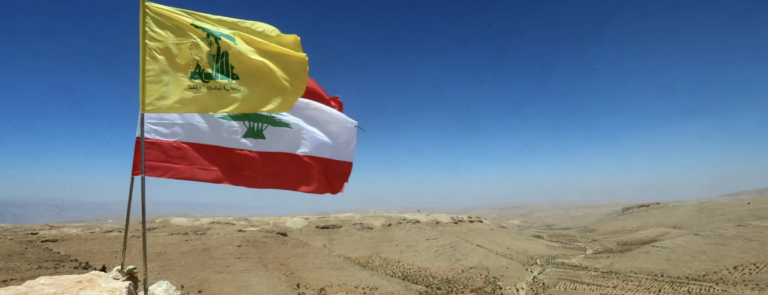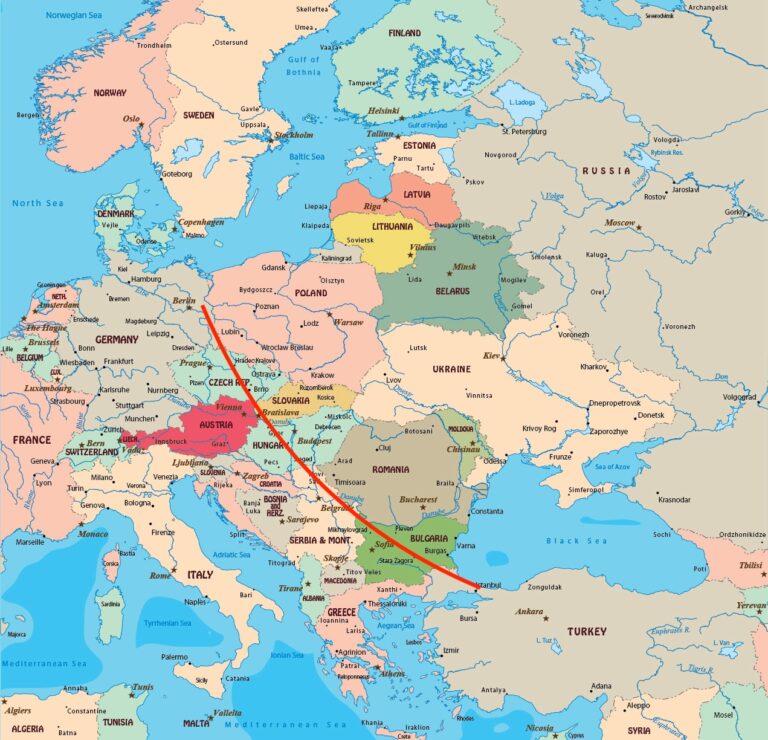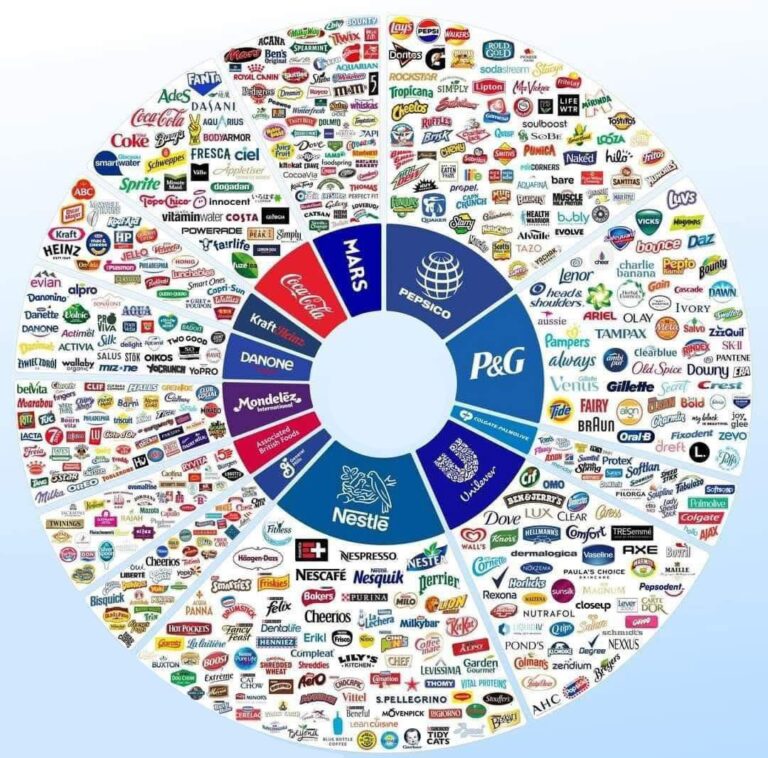By Andrea Tucci,
The 500 people, including 35 children, killed by Israeli bombs in Lebanon, represent the heaviest toll the country has paid since the end of the civil war in the 1970s-1980s.
Hezbollah is “one of the most heavily-armed, non-state military forces in the world. Funded and equipped by Iran, the Shia group has been internationally designated a terrorist organisation, but within Lebanon it operates as a legal political party and as a security force, effectively governing large swathes of the country in the south and east.
Over three decades, Hezbollah has become a political and social powerhouse in Lebanon, running medical clinics, schools, a TV network ( Al Manar) and even a museum..
Truly, In October 2019, Hezbollah became a target of mass protests after the government mismanagement and years of slow growth had saddled Lebanon with one of the world’s highest public debt burdens. Hundreds of thousands of Lebanese citizens disillusioned by the economic slump called for the government, including Hezbollah, to cede power to a new, technocratic leadership, but the war in Gaza has changed completely the public perception of the group has risen not just in the Shia population but across other major religious sects in the country.
Arab Barometer surveyed Lebanese sentiments toward Hezbollah, and one thing is clear: from 2022 to 2024, support for Hezbollah has steadily increased. Among Shiites, as expected, 74% view Hezbollah as a positive force in Arab world politics. But surprisingly, support has also grown among other groups: 11% of Sunnis (up from 3%), 10.5% of Christians (up from 3%), and 13% of Druze (up from 5%). Overall, support for Hezbollah’s role in regional politics has risen by 9%. Notably, support for other key international players has shifted in tandem: 36% of all Lebanese now have a positive opinion of Iran driven by the Shiite Lebanese population, but with support rising by 9% among Druze, 5% among Christians, and 4% among Sunnis.
A nationally representative survey by Arab Barometer, carried out between February and April 2024, drew a similar conclusion. Despite Hezbollah’s significant influence in the country, 30% say they have “a lot or very much” trust in the organisation, and once again levels of trust vary greatly by the different religious sects.
It is very also important to point out that the rise in sympathy for Hezbollah mainly grew due to the fact that the militia fights against Israel.
The Lebanese are horrified and terrified by Israeli operations in Gaza and the West Bank, and they see Hezbollah as the only answer. A full 78% of Lebanese believe the bombings in Gaza are “acts of terrorism,” while only 11% think that Hezbollah’s missile attacks on Israeli cities are unjustified acts of violence.
Lebanon’s major communities have largely been consistent in urging restraint and would prefer Hezbollah avoid a war with Israel, but if the war break out, the various Lebanese religious sects will probably all rally around Hezbollah, as was the case in 2006.
In other words “BLOOD IS THICKER THAT WATER”.



